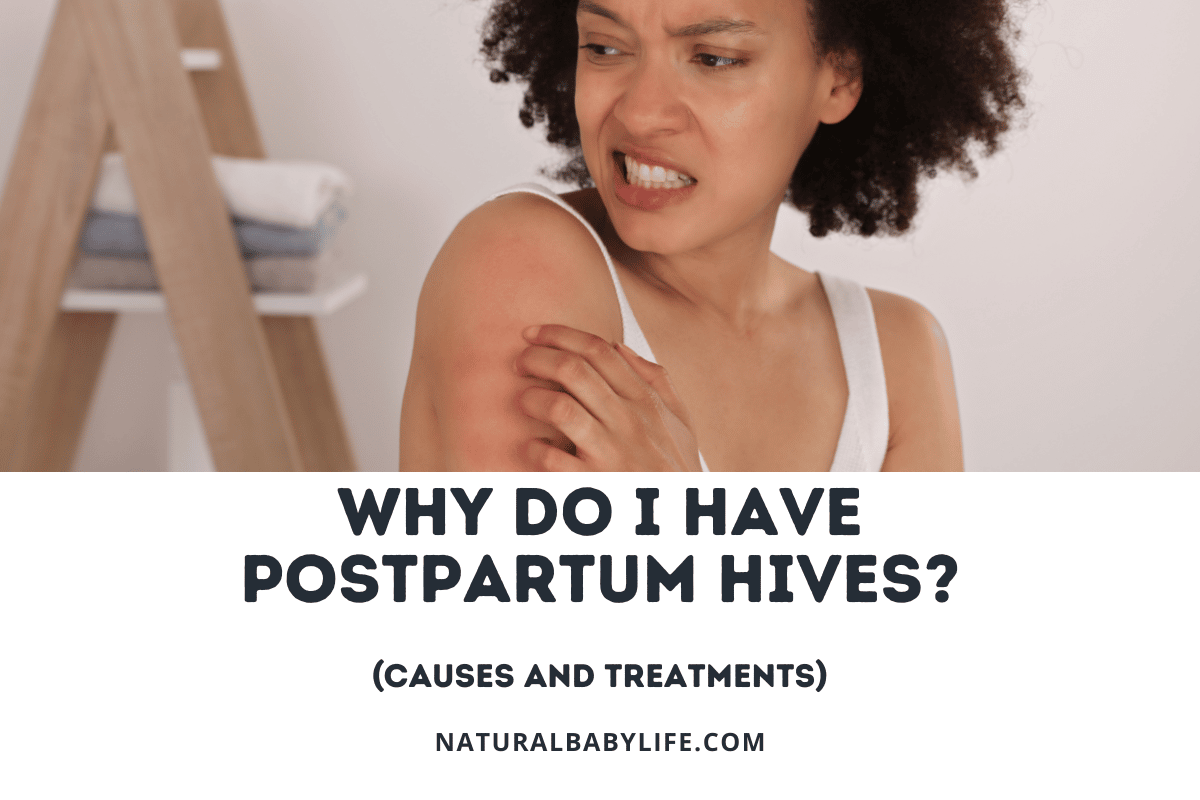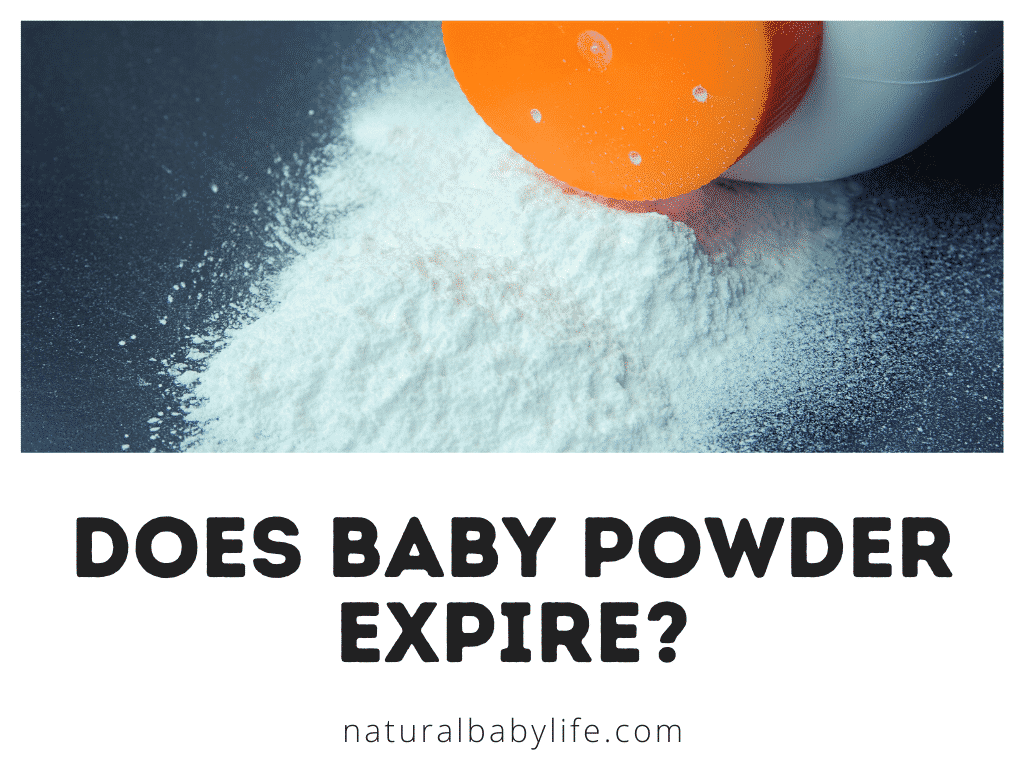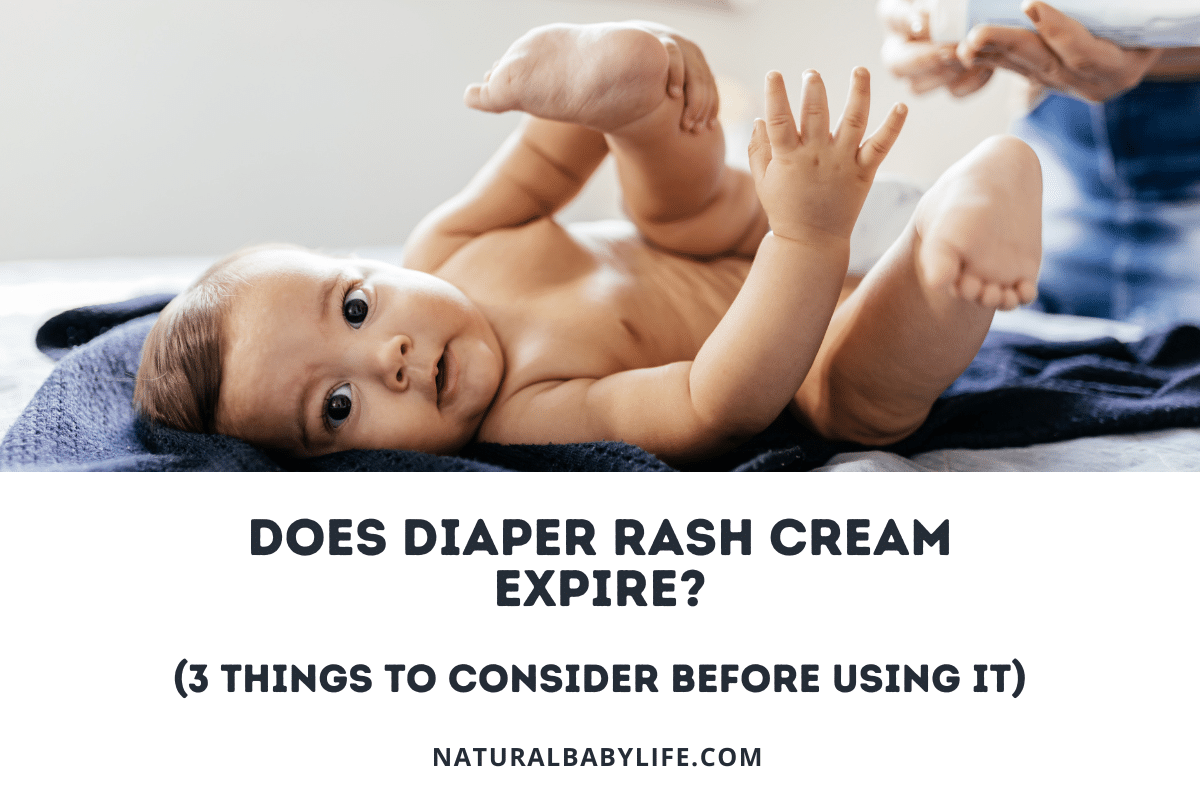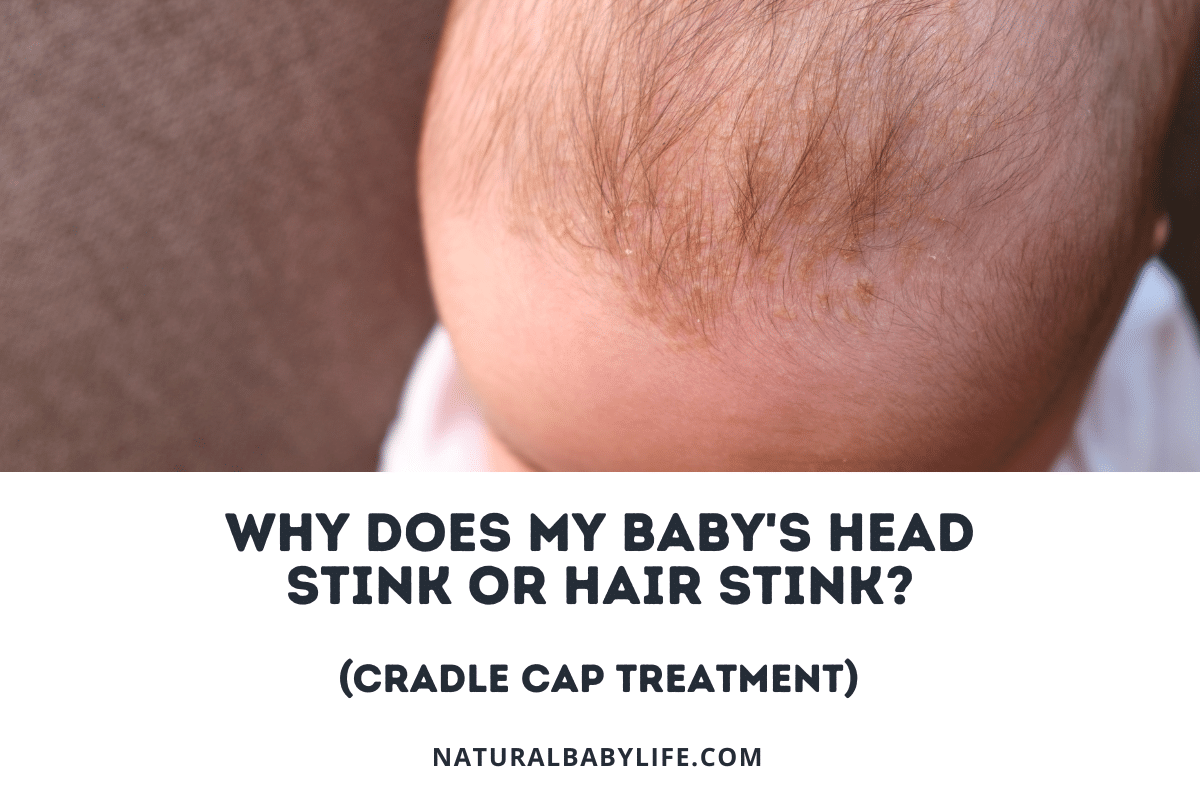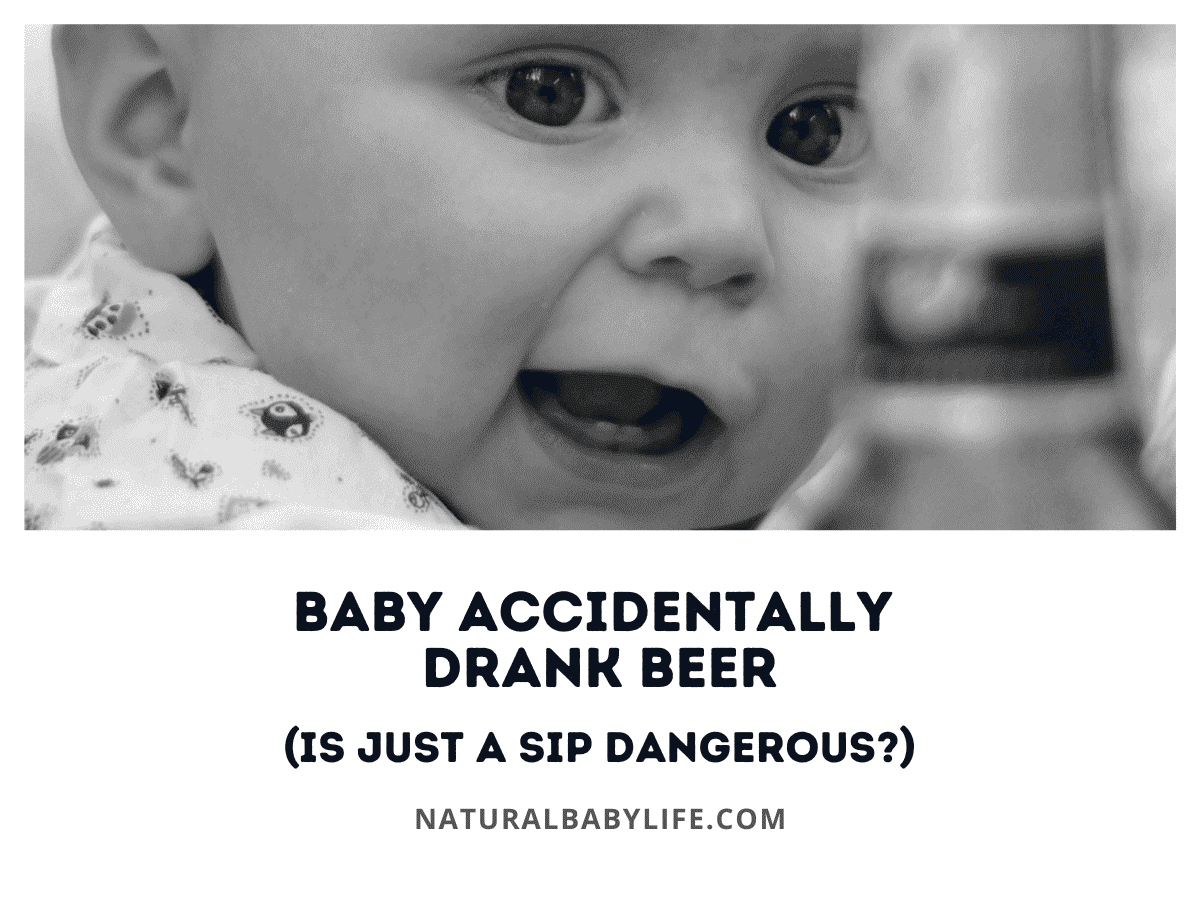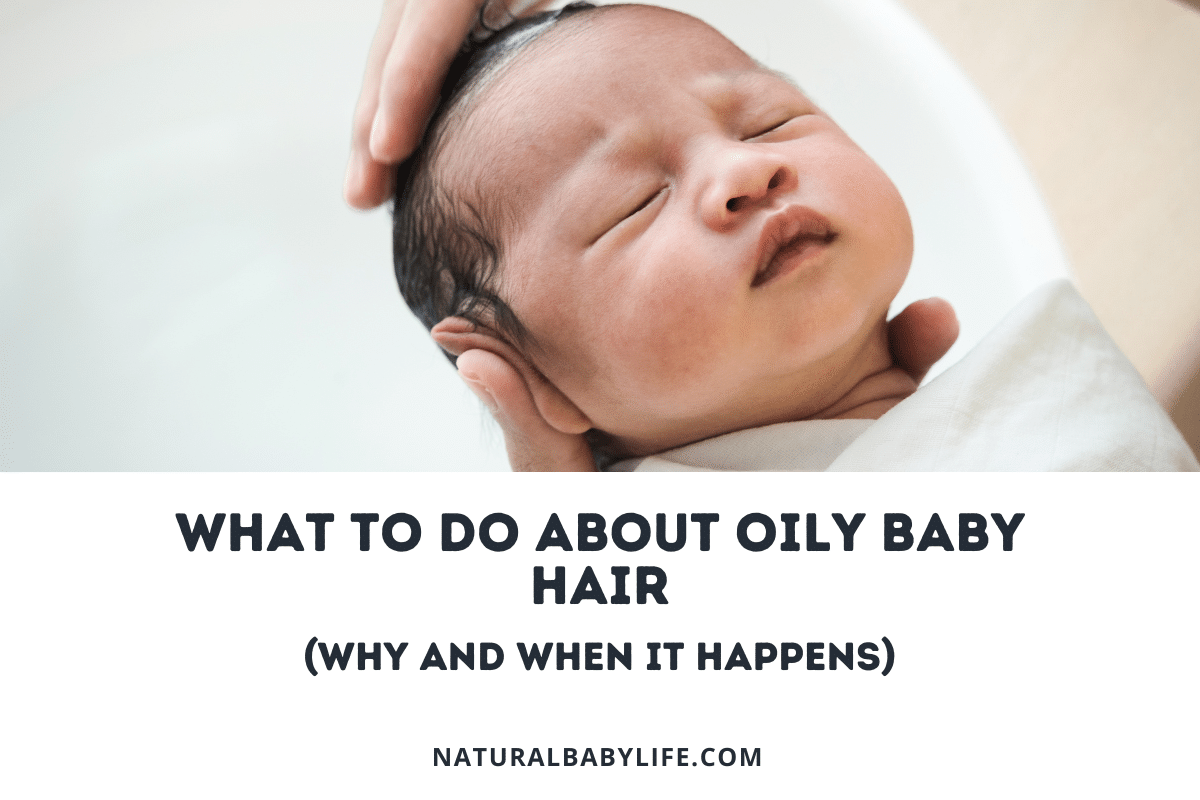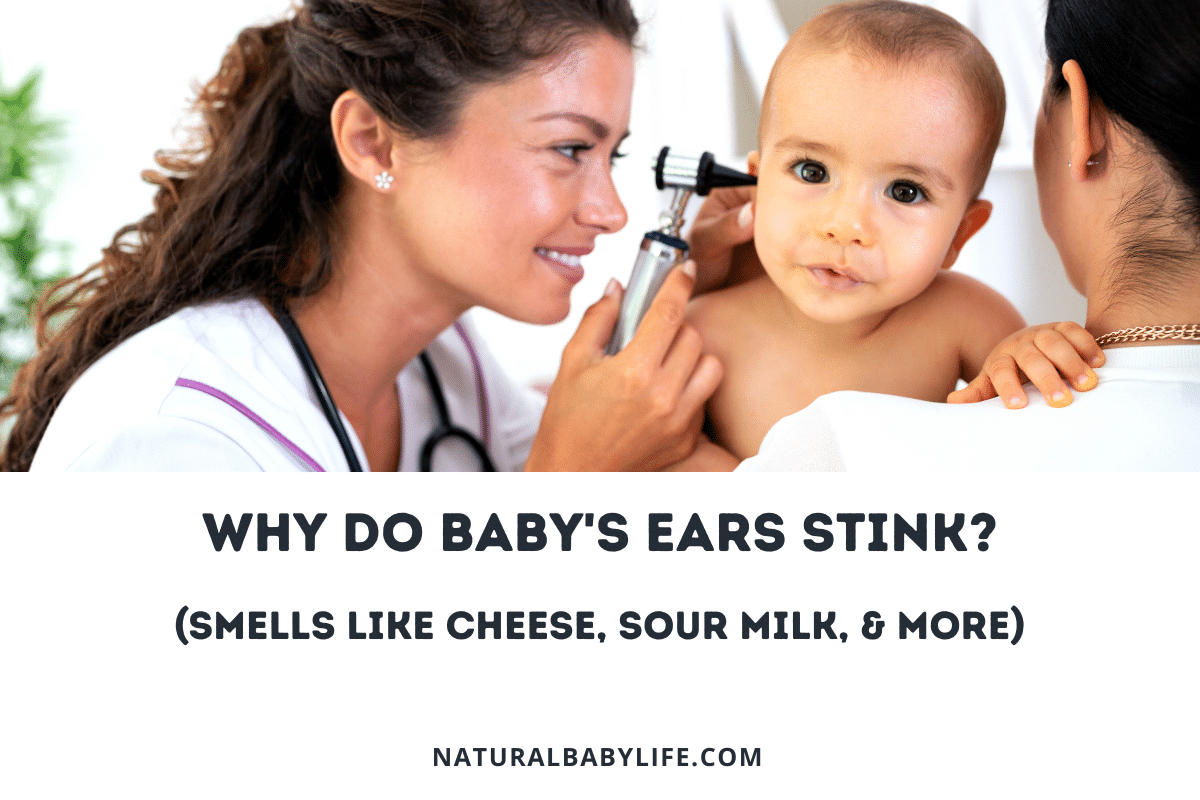After having your baby, you probably look forward to the end of the many discomforts of pregnancy. Unfortunately, some women trade heartburn and nausea for hives during their postpartum period.
Hives are your body’s response to an allergen, physical stimulus, or stress. During your postpartum period, you are especially susceptible to these things and more likely to get hives because of your hormone changes, physical recovery, rebounding immune system, and the stress of being a new parent.
Read on to learn more about the causes, symptoms, and treatments of postpartum hives.
Table of Contents
What are postpartum hives?
Hives are raised bumps that itch, and they can be red or skin-colored. Rather than looking or feeling different from a typical case of hives, postpartum hives are distinguished by the time that they appear–the 42 days after you deliver a baby that comprise your postpartum period.
A mild case of hives might last for only a few minutes, but some people suffer from chronic hives that last for years. Most people fall somewhere in the middle of those two extremes.
Hives can come and go, reappear in new locations, and fade away just as quickly as they appeared the first time.
If you have red, itchy bumps, the best way to distinguish a hive from a bug bite is by pressing on it. The center of a hive turns white when pressed on.
How do you get postpartum hives (causes)?
Hives are a condition that can be triggered by many stimuli, so it might be challenging to figure out why you suddenly developed them. In the broadest sense, hives are your body’s response to something it finds irritating.
Exposure to allergens
Hives also pop up after being exposed to an allergen, And, anyone who suffers from allergies knows that the triggers can be broad and vary from person to person.
Hives can signal sensitivity or an allergy to food. The top food allergens are milk, wheat, soybeans, eggs, fish, crustacean shellfish, peanuts, and tree nuts.
Unfortunately, it’s not as simple as just watching what you eat. Allergies to latex, pet dander, pollen, and even some plants can also trigger hives.
Illness, infection, and injury
Other times, hives are a byproduct of another condition you are experiencing. Viral infections–even the common cold–can initiate a case of hives. Bacterial infections like strep throat and urinary tract infections can also cause them to pop up.
The treatment for your illness or injury can also prompt hives to appear. Blood transfusions and common pain relievers like aspirin, ibuprofen, and penicillin can all cause hives.
Physical stimuli
Finally, even things that should be good for you, like exercise, can cause hives. So can exposure to sunlight, heat, cold, and even pressure.
Given that a nice jog can cause hives, it’s probably no surprise that you might also find them from bee or other insect stings as well. Additionally, substances that simply contact your skin–like laundry detergent–can trigger hives. As you can see, a lot of things cause hives.
Stress
While you can avoid bees and peanuts, one trigger is unavoidable for new parents: stress. You’re more likely to experience hives brought on by stress if you’ve ever had allergy-triggered hives before. Women in their 30s, 40s, and 50s most often develop stress hives.
Postpartum physical changes
If you’ve recently had a baby, your body is experiencing several additional stressors unique to this time of life. From hormone changes to lack of sleep and physical healing, your body is dealing with a lot.
During pregnancy, your immune system is suppressed to allow your body to grow the fetus. After you deliver, your immune system bounces back so sharply that your body can show symptoms of infections or conditions that it normally wouldn’t–essentially, your immune system overreacts.
Signs and symptoms of postpartum hives
Hives are one of the rare medical conditions that you probably won’t have trouble diagnosing for yourself. Their distinct appearance and symptoms make them easy to recognize.
How will I feel when hives are approaching?
Because hives develop when histamines enter the bloodstream, you might feel other allergy symptoms like itchy eyes, a runny nose, scratchy throat, and sneezing. Histamines cause your blood vessels to dilate and trigger those familiar allergy symptoms.
Hives often appear out of nowhere, so you might not have any warning.
What do postpartum hives look like?
Hives, including postpartum hives, look a lot like bug bites. They’re typically raised, red bumps, but they can also be the same color as your skin. They have clearly defined edges, meaning it’s easy to tell where they start and stop rather than fading into normal skin.
Unlike bug bits, hives usually come in large quantities, and you might even have so many that they look like they fuse together in a giant red patch like a burn or scar. They can be tiny like pinpricks or the size of a dinner plate.
Hives can appear anywhere on your body. They can also disappear and then come back and each wheal can even change shape.
What are the physical and mental symptoms of hives?
The hallmark of hives is that they itch, sometimes to the point of distraction from other tasks. Some people report that they hurt like a dull ache or even sting.
Hives are rarely serious unless they come with other symptoms of allergies like mouth or tongue swelling or inability to breathe. However, they can be embarrassing, especially if they show up on your face. And, because some hives are caused by stress, they might accompany emotional distress, whether it be grief or old-fashioned overwork.
How are postpartum hives different from PUPPP?
Pregnant women are often warned by their doctors to keep an eye out for hives during pregnancy, and those hives are usually pruritic urticarial papules and plaques of pregnancy (PUPPP).
Whereas postpartum hives can appear anywhere, including your face, the hallmark of PUPPP is that it starts in the stretch marks of your belly and then spreads elsewhere, especially your thighs and butt.
PUPPP can happen after you deliver, but it’s uncommon. The exact cause of PUPPP is unknown, but doctors think it’s related to either pregnancy hormones or the rapid stretching of the skin as your belly grows.
PUPPP typically resolves when you have the baby, and the same anti-itch medications that help hives can also mitigate PUPPP symptoms.
How do you treat postpartum hives?
Because hives are your body’s response to an allergen or other stimulus, most treatments for hives are palliative, meaning they help you feel better but don’t actually cure your hives.
At-home and natural treatments
You can take immediate action to address your hives from home.
First, remove yourself from the allergen. Of course, this can be challenging if you don’t know what your allergen is or if it happens to be a beloved pet.
Several natural options exist for lessening your itching:
- Apply an ice pack or cold wet cloth to the itchy areas.
- Treat the area with calamine lotion
- Take a colloidal oatmeal bath
- Avoid hot water that dries your skin
- Wear loose-fitting cotton clothes
- Use only “fragrance-free” products
If you don’t want to go to the store, you can make colloidal oatmeal by simply grinding oats in a food processor until they turn into a fine powder.
And, if your hives are brought on by stress, try to relax. That’s easier said than done for a new parent, but it can be key for getting hives to disappear.
Over-the-counter treatments (creams, medication)
Your itching might be severe enough to warrant a trip to the pharmacy. Several over-the-counter treatments can help.
Look for antihistamine allergy medications like Zyrtec, Allegra, Benadryl, or Claritin or their generic equivalents.
Prescribed treatment options from your doctor
Most people treat their symptoms at home, but if your hives last for more than a few days, it’s time to see a doctor.
Your doctor can prescribe a variety of anti-itch medications like Cetirizine, Desloratadine, and Fexofenadine. These drugs block histamines. If those fail to work, your doctor can choose from a variety of drugs that help calm overactive immune systems.
You can also pursue an allergy skin test to help you to identify possible allergens so that you can avoid them in the future.
If you think your hives might stem from food allergies, pay attention to symptoms that could indicate your reaction is worsening. Difficulty breathing and swelling of your throat and vocal cords can also happen, anywhere from a few minutes to several hours after consuming the allergen. Seek immediate medical treatment if you experience any of those symptoms.
Your doctor might prescribe an Epi-Pen to carry in the event you have another severe reaction in the future.
When will my postpartum hives go away?
Doctors group hives into acute or chronic, meaning they’re either short-term or long-lived. Chronic hives are less likely to have an identifiable trigger and happen almost daily for more than six weeks.
Acute hives last less than six weeks, and each individual hive lasts no longer than 24 hours. In most cases, hives completely resolve within 24 hours and disappear as quickly as they came.
Most treatments and medications only mask the symptoms of hives to help you be more comfortable and won’t help them to go away any more quickly. Some prescriptions, like prednisone, can actually help your breakout go away, but you’ll need to consult your doctor.
Should I Be Worried About Postpartum Hives?
Fortunately, hives themselves are not a cause for alarm. However, they can be accompanied by life-threatening symptoms like the swelling of your throat, vocal cords, mouth, or tongue if you have a severe allergy. Get immediate medical care if you have any of those symptoms or if you feel dizzy or have trouble breathing.
And, hives, even chronic ones, don’t increase your risk of dangerous symptoms. They’re simply another standalone manifestation of your allergy. However, hives that last more than a few days are a sign to see your doctor. They could be a sign of an allergy you should know about or an infection that needs to be treated.

